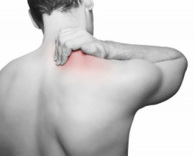
The topical formulation of ketoprofen is widely prescribed for benign conditions in traumatology and rheumatology as well. It has been used in European Union since 1978.
In 2010, the European Medicines Agency's Committee for Medicinal Products for Human Use (CHMP) has conducted a scientific review of topical ketoprofen-containing medicines on the basis of reported photosensitivity reactions and co-sensitization with octocrylene (UV filter).
CHMP has concluded that photosensitivity reactions of topical ketoprofen-containing medicines are important adverse reactions, but that the benefit/risk profile of these medicines remains favourable.
Therefore, it is important that patients should be advised on several photosensitivity preventative measures such:
- Wash hands thoroughly after each application of gel
- Do not expose treated areas to sun, even if cloudy, or UVA during the treatment with ketoprofen or 2 weeks after its discontinuation
- Protect treated areas from sunlight by wearing clothing
- Topical ketoprofen should not be used under occlusive bandage
- Discontinue treatment immediately upon development of any skin reaction, including cutaneous reactions after co-application of octocrylene containing products
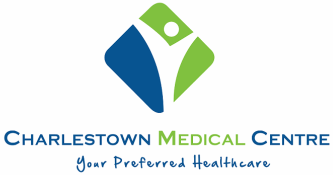
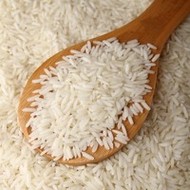


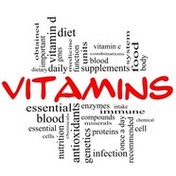
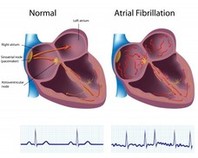
 RSS Feed
RSS Feed